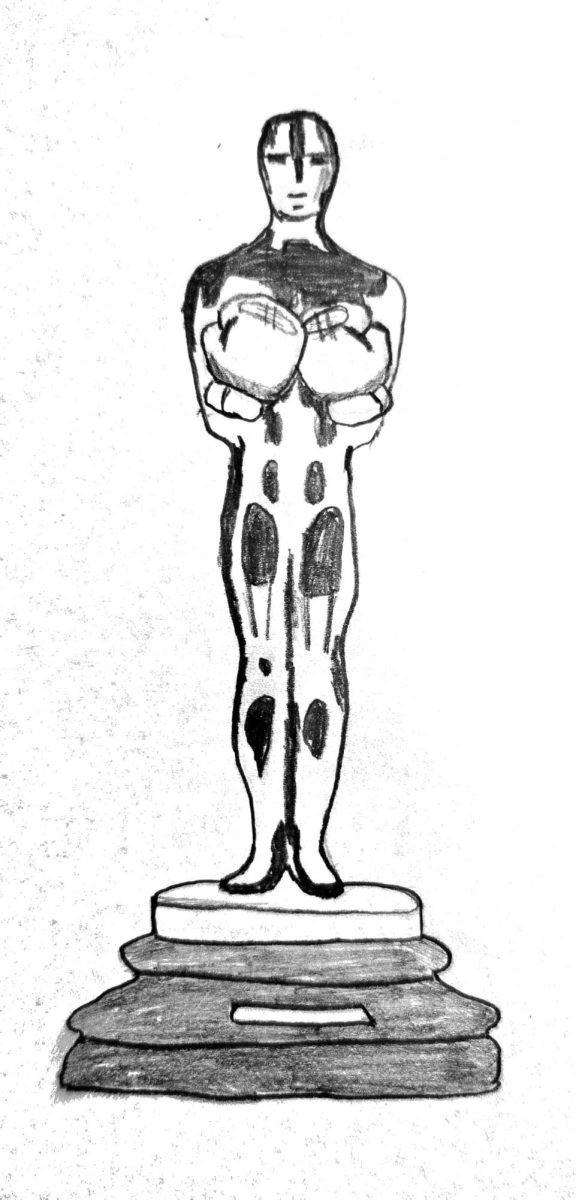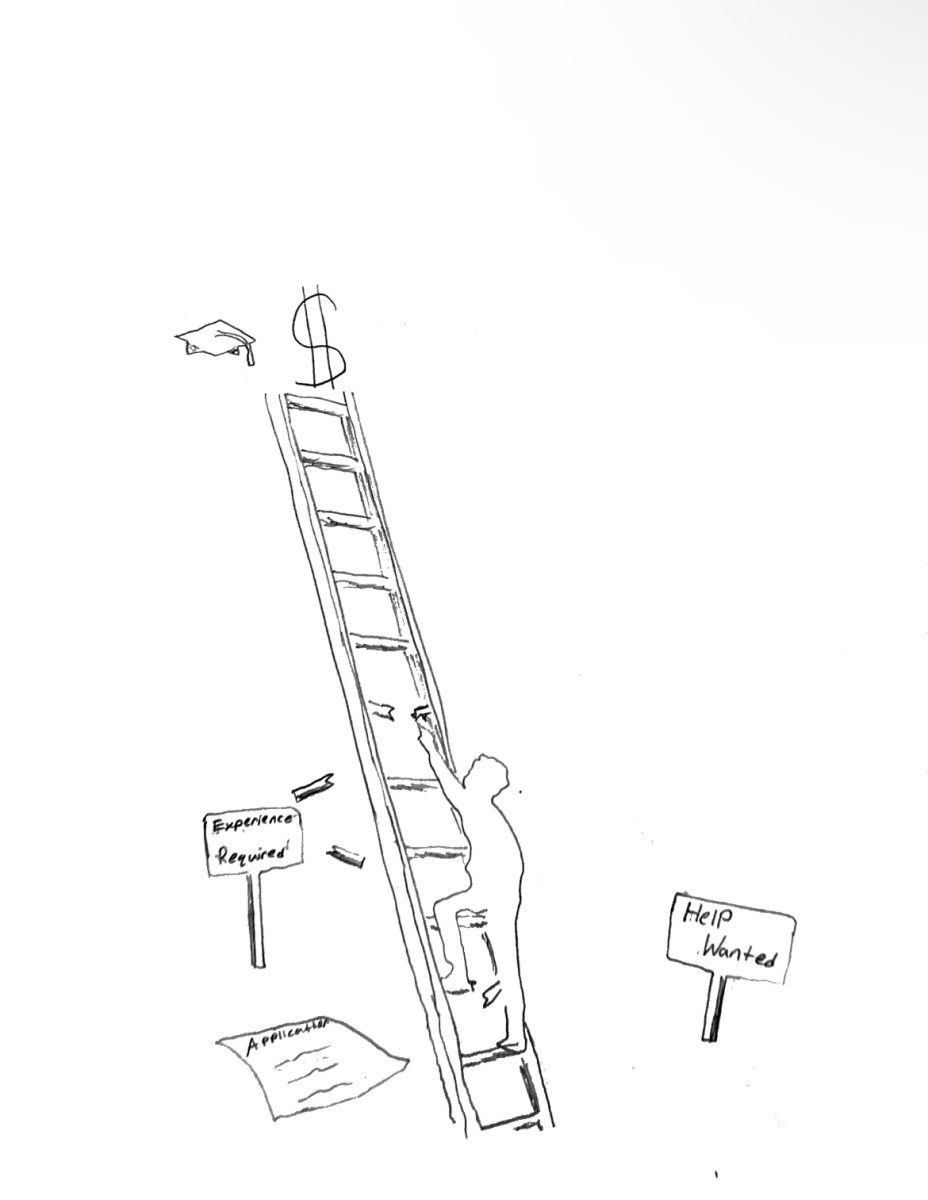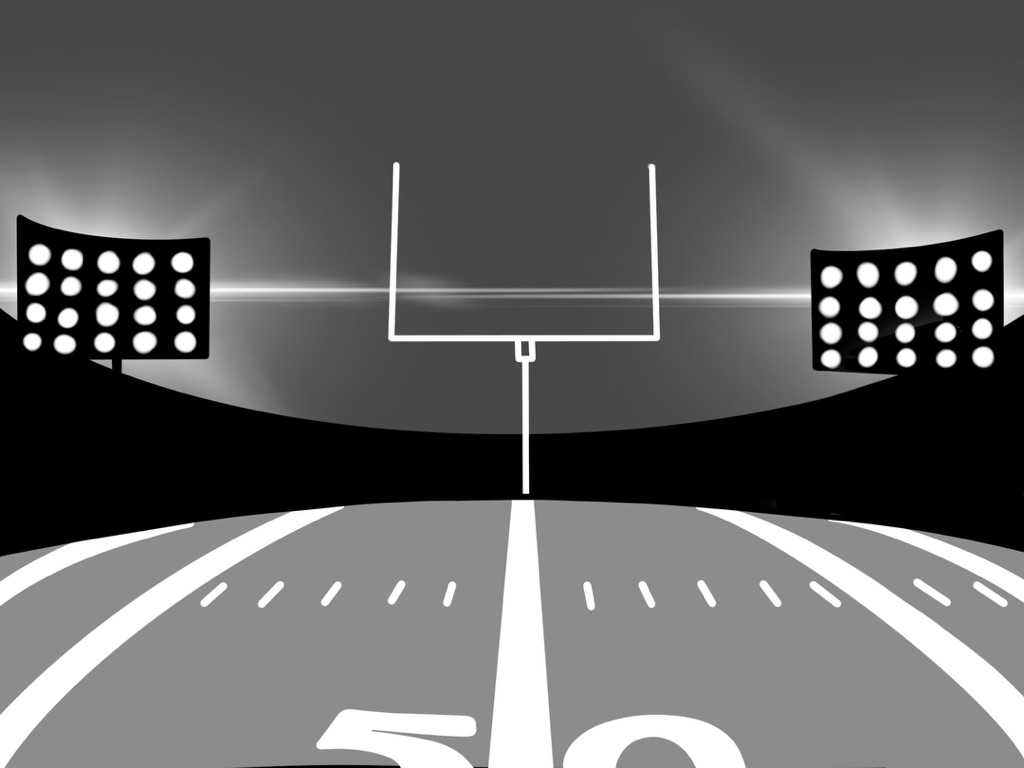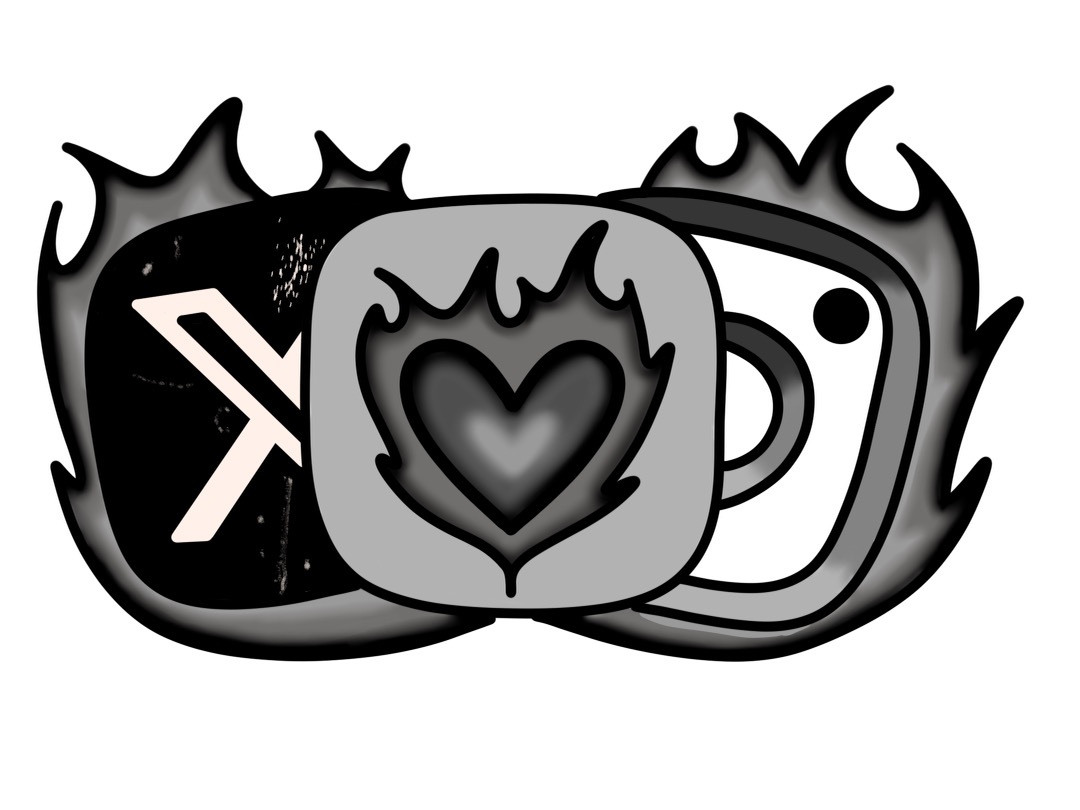When I think of the middle class, thoughts of a financially stable family with a white picket fence flutter into my mind. I never thought that people within the middle class could have difficulty making ends meet. While some families who earn incomes that qualify as middle-class live in economic stability, on the other end of the scale lays a large number of people who are living their lives under constant financial strain. 30 percent of Americans are constantly stressed out about money, according to CNBC, and this is due to the pressure to succeed and provide sufficiently for their families. Unfortunately this desire to succeed has created a hierarchy in which people patronize others for how much money they make or what type of work they do. Due to the negative connotation that is associated with the working class, Americans have categorized themselves as members of the middle class when the reality they are not; they are below it.
In “My Secret Shame” by Neal Gabler, an article published in the Atlantic, Gabler justifies the reasons why many middle class Americans are struggling to make ends meet. He claims that Americans feel the need to hide these monetary difficulties and I agree. Some of the problems Americans are facing, according to Gabler, has to do with prioritizing consumption over saving, while others were referring to the history of debt in America, and how credit is responsible. Regardless the source of economic instability, a part of the shame originates from the silence surrounding the issue. It’s difficult to represent the shame and silence that accompanies money troubles with numbers, but by taking people’s opinions of their own financial success and comparing that to actual numbers puts the issue into perspective.
A survey done by Northwestern University revealed that 70 percent of Americans consider themselves in middle class, when in reality, the middle class has been shrinking. The numbers show that only 35 percent of all Americans are actually in the middle class. While the figures could represent a small number of people moving up a class, further research demonstrates that as a growing number of people say they belong in the middle class, a significant proportion of those people are actually moving below it. Emmie Martin, a writer for CNBC, supports this idea in her article.
“One reason for this discrepancy might be the fact that wages have been largely flat while costs have gone up, so, in many places, even those making a six-figure income feel like they’re struggling to get by,” Martin said.
The fact that people are associating themselves with the middle class has to do with the societal pressure to be successful and independent. People don’t want to be looked down on, and making a certain amount of money is vital in order to avoid being patronized. In a national poll done by National Public Radio, 50 percent of the people that polled that were considered to be “more affluent” said that the poor were not doing enough to get out of those circumstances.
According to the Marin Independent Journal, the average income for a family living in Marin County is $133,389. Putting this number into perspective, according to US news, a family earning $100,000 to $300,000 is considered upper-middle class.
Unfortunately, here in Marin, due to the average income, it is reasonable to infer that in an area more densely populated with successful people, that there is a greater desire to meet a higher level financially to gain respect rather than shame.
The affluence present in Marin creates the perfect environment for a closed off and financially insecure community. As shown in “My Secret Shame,” the self-shame that comes along with fiscal troubles creates a sense of silence that makes financial insecurity taboo.
Although money will probably always be a stressor people will face, it’s important to recognize that most experience some sort of monetary difficulty at some point in their lifetime. Whether the income a family makes is categorized as high or low, people in Marin need to remember that comparing themselves to each other in regards to money doesn’t form a happy and well-connected community. At the end of the day it’s not about what you make, it’s about what you make out of what you have. Prioritizing materialism over happiness is what will transform a community into one that feels ashamed of any money struggles. Maslow’s hierarchy of needs is the perfect representation of this.
Abraham Maslow, an American psychologist, invented this theory to help people understand what needs to be prioritized in order to fulfill self actualization. This theory is most commonly presented as a pyramid and at the very bottom are basic necessities. Meeting these fundamental necessities is the basis for all happiness, and according to figures presented by CNBC, people seem to be forgetting that. Rather than categorizing ourselves as something we’re not, and stressing over the things we don’t have, it’s crucial to appreciate the things we do have and to not feel ashamed of any money challenges we go through.








